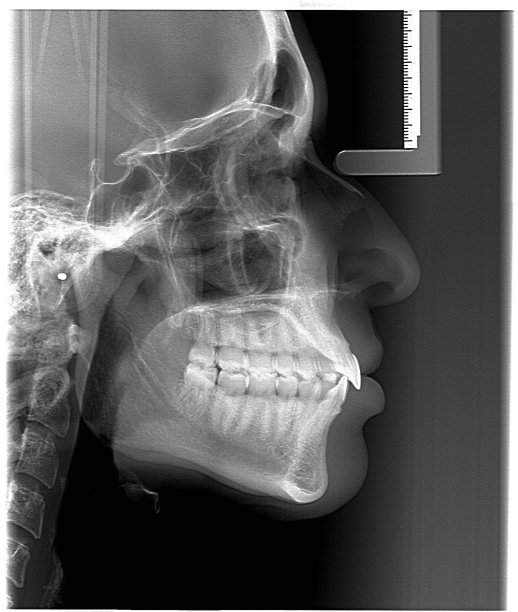Revolutionizing Smile Restoration A Comprehensive Guide to Dental Implant Treatment and Its Benefits for Patients
Summary: Dental implants are transforming the landscape of smile restoration, providing a lasting solution for patients with missing teeth. This comprehensive guide explores the intricacies of dental implant treatment, detailing the process, its various types, advantages, potential risks, and post-treatment care. With a focus on how dental implants can enhance oral health, improve aesthetics, and boost self-esteem, the article aims to educate patients on their options. Through a clear understanding of this innovative dental solution, individuals can make informed decisions that greatly benefit their overall well-being and quality of life.
1. Understanding Dental Implants

Dental implants are artificial roots made of titanium that are embedded into the jawbone, serving as robust anchors for replacement teeth. The initial step in the dental implant process involves an assessment of the patient’s oral health, bone density, and specific needs. A thorough consultation allows the dentist to tailor the treatment plan, ensuring optimal results. Body biocompatibility plays a significant role in the success of implants, as titanium is known for its ability to fuse with bone tissue, allowing for a strong foundation.
Once the planning stage is completed, the surgery is performed, which includes placing the titanium post into the jawbone. This procedure is typically performed under local anesthesia, ensuring that patients remain comfortable. After surgery, patients enter a healing phase during which the implants integrate with the bone, a process known as osseointegration. This integration is crucial for the longevity and stability of the implants and can take several months.
After osseointegration is complete, abutments are attached, which serve as connectors between the implant and the final prosthetic teeth. Finally, the customized crowns are placed, restoring function and aesthetics. This multi-step process highlights the complexity and precision involved in dental implant treatment.
2. Benefits of Dental Implants
The benefits of dental implants extend far beyond mere aesthetics. One of the primary advantages is their ability to restore oral function effectively. Implants allow patients to chew, speak, and smile with confidence, mirroring the abilities of natural teeth. This functional restoration drastically improves the quality of life, as patients can enjoy their favorite foods without discomfort or limitations.
In addition to functional improvements, dental implants significantly enhance oral health. By replacing missing teeth, they prevent neighboring teeth from shifting out of place, which can lead to misalignment and further dental issues. Moreover, the stimulation provided by the implant during chewing prevents bone loss in the jaw, a common consequence of missing teeth that can affect facial structure and aesthetics over time.
Another crucial benefit of dental implants is their longevity. With proper care and maintenance, implants can last a lifetime, making them a cost-effective solution in the long run. Unlike dentures that may require frequent replacements or adjustments, dental implants provide a stable and permanent option, minimizing the stress and costs associated with dental upkeep.
3. Potential Risks and Considerations
While dental implants offer numerous advantages, it is essential to acknowledge the potential risks and considerations involved in the procedure. As with any surgical treatment, complications such as infections, implant failures, or damage to surrounding teeth or vascular structures may occur. Proper planning and execution by skilled dental professionals significantly mitigate these risks.
Additionally, a patients overall health and specific conditions, such as diabetes or osteoporosis, can impact the success of the procedure. Patients must disclose their medical history comprehensively to ensure that any underlying issues are addressed. Moreover, lifestyle choices, like smoking, can also hinder healing and integration, making it critical for patients to understand these factors upfront.
Finally, the financial aspect of dental implants cannot be overlooked. They often represent a larger upfront investment compared to other tooth replacement options. However, understanding the long-term benefits and the potential need for adjustments or replacements for other solutions can help justify the initial costs, making implants a worthwhile investment for oral health.
4. Post-Treatment Care for Longevity
Post-treatment care is vital for ensuring the longevity of dental implants. After the implants are placed, patients should adhere to their dentists guidelines regarding oral hygiene practices. This includes regular brushing, flossing, and rinsing with antiseptic solutions. Maintaining optimal oral hygiene is crucial for preventing infections and ensuring the health of both the implants and surrounding tissues.
Regular dental check-ups play a significant role in monitoring the condition of the implants. During these visits, dentists can evaluate the integrity of the implants, the health of the gums, and overall dental status. Early detection of potential issues allows for timely intervention, ensuring the continued success of implants.
Moreover, patients are encouraged to adopt a balanced diet rich in calcium and vitamins to support bone and tissue health, further promoting the long-term success of their dental implants. By prioritizing healthy habits and following their dentist’s recommendations, patients can enjoy the full benefits of their restored smile for years to come.
Summary:
In conclusion, dental implants offer an innovative solution for smile restoration, combining functionality with aesthetic appeal. The comprehensive nature of the treatment process ensures that patients receive a personalized approach that meets their unique needs. By understanding the benefits, risks, and care associated with dental implants, individuals can make informed choices that enhance their quality of life.
This article is compiled by Vickong Dental and the content is for reference only.



